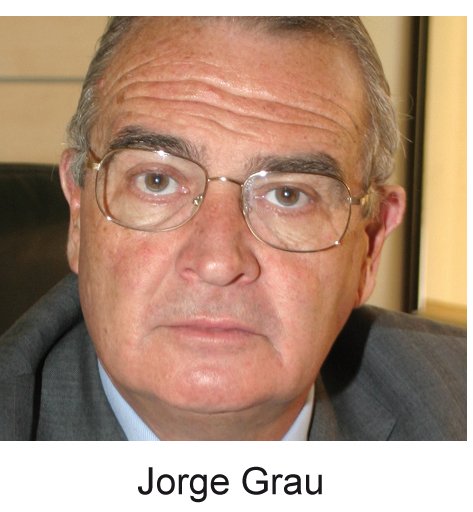Understanding the context of financial mis-selling claims – KPMG
One of the most difficult aspects of the banking collapse has been unpicking the complex financial products “mis-sold” to customers, says Enric Olcina, a Partner with KPMG Forensic in Barcelona.
Tras el colapso de la banca se incrementaron los litigios por venta “engañosa” de productos financieros a particulares. Sin embargo, Enric Olcina, de KPMG Forensic en Barcelona, afirma que ha habido un giro en la tendencia favorable a los bancos por parte de los jueces, que antes solían dar la razón a los particulares.
“We are explaining these products to judges, the balance of rights and duties, and the economic situation when the products were sold, and are now seeing movement away from judges favouring customers over the banks.”
This could be, he says, due to a better understanding of the economic context in which the products were sold. Year-on-year interest rate rises may seem a long way off, but the financial crash appears to have given many people short memories.
“A large number of claims relate to the interest rates crash in 2008, prior to which Spain had average interest rates of four-five percent. The expectation was that this would increase and customers wanted to hedge against it but then interest rates fell dramatically, below one percent.”
Very quickly, customers stopped receiving compensation and started to receive charges on the difference between the new rate and those they had hedged against. Throughout 2010 this prompted claims from customers who argued that they had not been properly informed of the risks and charges they incurred.
“It is now easy to argue that these products should be treated as complex structures, but we believe many were not and, in fact, they presented a relatively easy way to hedge against interest rates which both customers and the banks expected.”
He is now advising in claims where judges were initially reluctant to accept the institutions’ position. “Now we are seeing a more reasoned understanding of the background of cases and the sense the financial products made, which is good news for banks.”
This seems likely to prompt a shift in the trend of dispute resolution, believes Olcina. “Possibly because judges now have a better understanding of the prevailing economics, and more examples and information demonstrating the unpredictability of this downturn in rates.”












